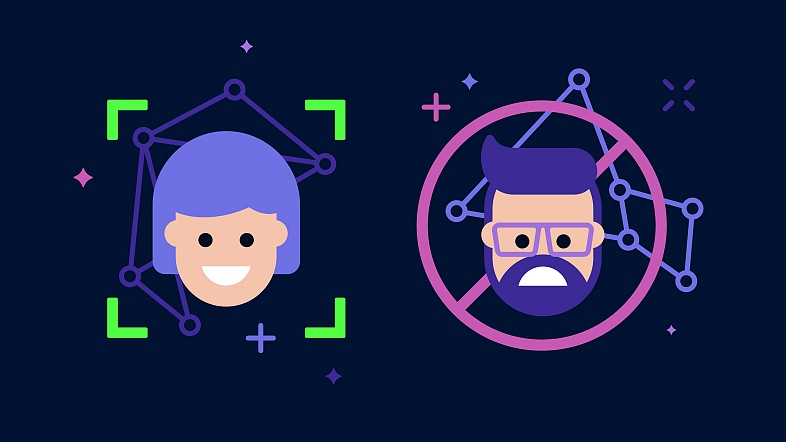
Israeli researchers found that the way human brain recognizes faces is strikingly similar to the way faces are encoded in artificial intelligence (AI) systems, the Weizmann Institute of Science (WIS) reported Wednesday.
These findings may help understand how facial perception and recognition are encoded in human brain, and to further improve the performance of artificial networks by tweaking them to brain response patterns.
When humans see faces, dedicated nerve cells in the visual cortex, responding selectively to the face but not to other objects, turn on and "fire" their signals.
The WIS scientists tried to figure out how this activation of individual neurons come together to produce facial perception and recognition.
In their study, published in the journal Nature Communications, the scientists collected data from epilepsy patients whose brains had electrodes inserted for medical diagnosis.
It was found that each of several facial images presented to subjects evoked a unique activity "signature" of neuronal activation, involving different groups of neurons fired at different intensities.
To test the role of these signature patterns in facial recognition, scientists compared how humans recognize faces to the way as "deep neural networks" AI systems do.
The researchers presented the same images the patients saw to an AI system and found that both systems led to unique operating patterns of the same structure.
"It's highly informative that two such drastically different systems, a biological and an artificial ones, have evolved in such a way that they possess similar characteristics," the researchers concluded.
Source(s): Xinhua News Agency